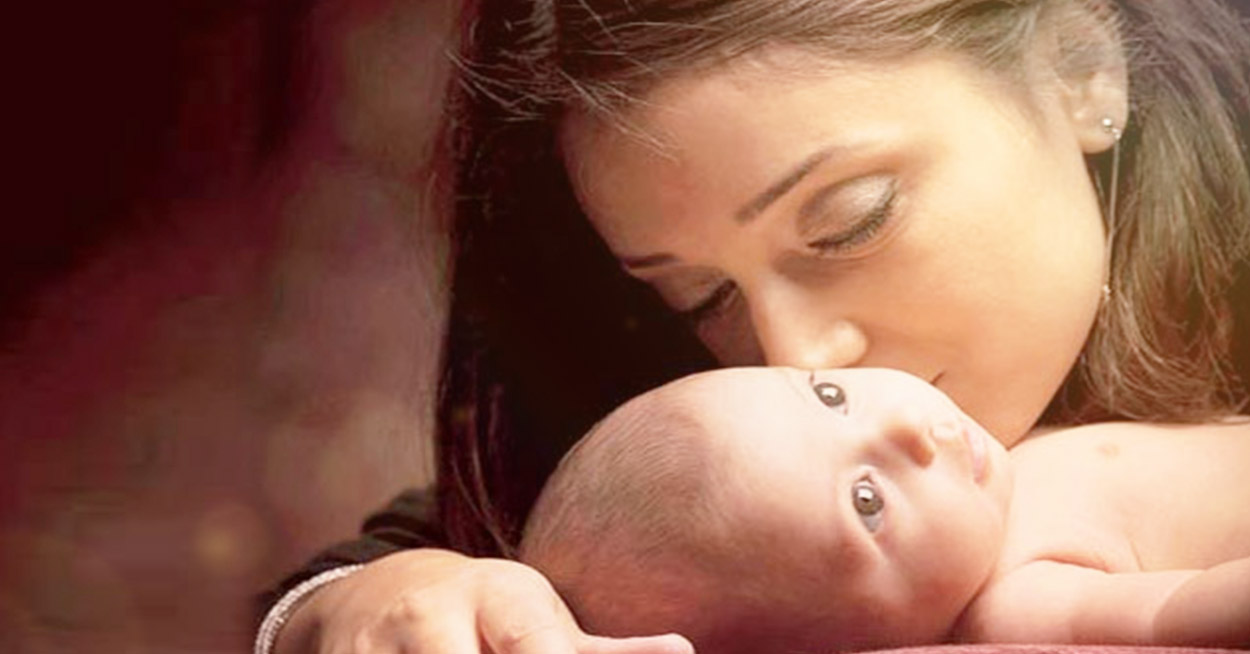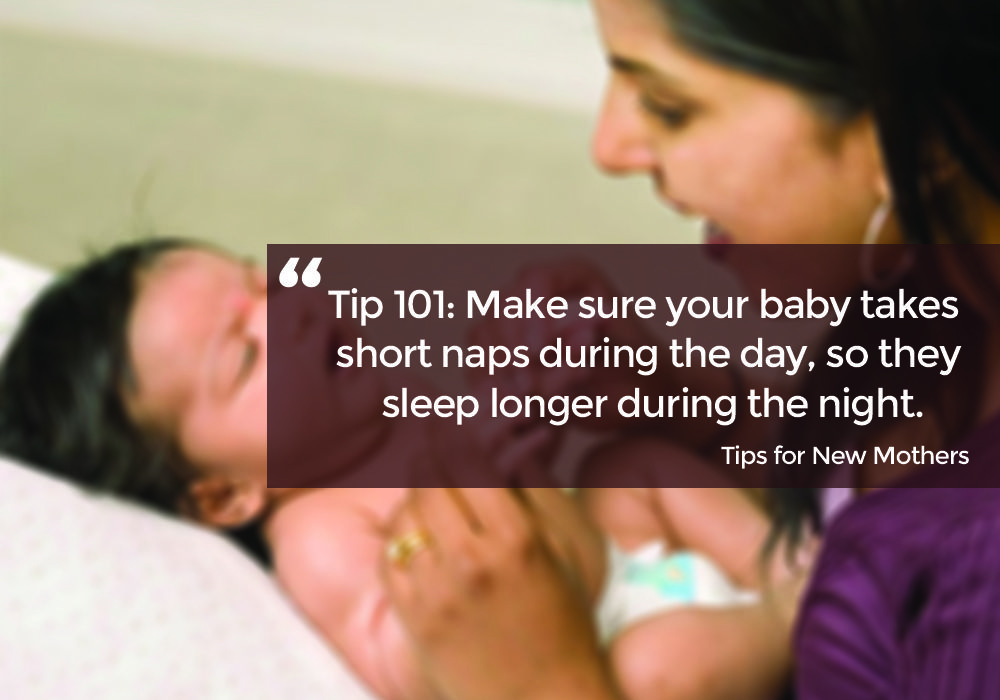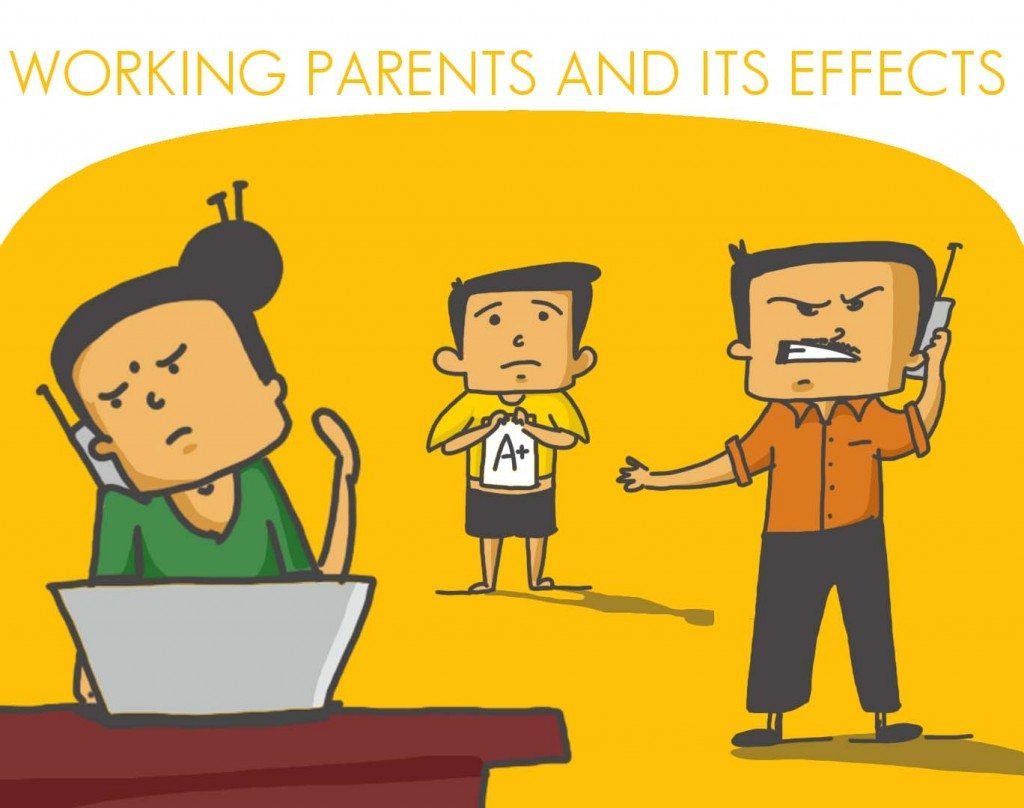Being a mother is a miracle; A life takes birth inside her.
This happiness comes with a responsibility because a mother becomes the world to the baby. There are many uncertainties surrounding a lady’s pregnancy which leads to anxiety. When a new mother is overwhelmed with anxiety-ridden thoughts for a long duration, depression can set in.
Post-delivery when a lady takes her baby in her arms, she is relieved that all her efforts have borne fruits. But this gives rise to other fears and emptiness. Fear of something wrong happening to the baby, fear of being useless in life (especially if the lady was working before pregnancy and has now quit due to the added responsibilities), etc.
As there is a change at a physical, psychological and medical level, it is a tough time for the new mother to handle everything together. Anxiety bothers all mothers for few weeks post-birth and it’s normal. If a mother finds trouble in balancing her emotions, her new responsibilities with the baby for more than a month than she needs to take professional help as she may be suffering from Postpartum Depression.
Few symptoms of Postpartum Depression are:
- Getting easily annoyed or hypersensitivity
- Difficulty in concentrating
- Anxiety and worry
- Crying or tearfulness
- Anger
- Negative feelings such as sadness, hopelessness, being helpless, or guilt
- Losing interest in activities one usually enjoyed
- Difficulty in sleeping
- Fatigue or exhaustion
- Changes in appetite or eating habits
- Headaches, stomachaches, muscle or backaches
- Some women with PPD (postpartum depression) believe they can’t adequately care for their baby or may harm their baby.
As mentioned earlier, panic for a long duration can be one of the reasons for PPD. Also for a lady with a family history of depression or having suffered from depression earlier in life there is an increased risk of having PPD. The best solution is to meet a gynaecologist, who along with the psychiatrist will device proper treatment for the mother and help her out of this.
Few tips to Tackle Postpartum Depression:
-
Have positive thoughts about yourself:
Follow a proper routine and remember that you are a mother of a wonderful baby.

Source: wordpress.com -
Don’t Hesitate to take Help:
Don’t have a conception that you can do everything. Take each day as it comes. Take help from family, friends and doctors without hesitation.

Source: wordpress.com -
Network with other New Mothers:
You are not the only one stressed out; 10 to 15% new mothers suffer from PPD. Join some online community of new mothers to share your thoughts. Also, talk to a person you trust or talk to your husband about your feelings.

Source: meetup.com -
Spending some quality alone time:
Like reading a book or watching a movie. Get one of your family members to take care of the baby, while you enjoy your time.

Source: idiva.com -
Ensure you have healthy meals and a good amount of sleep:
Don’t let the stress of new responsibilities affect your sleep and eating cycles.

Source: giphy.com
I remember what my doctor had told me after my child’s birth, “Only a healthy mother can raise a healthy baby.”
This is a Simple Online Test, which can tell you if you are going through Postpartum Depression.




